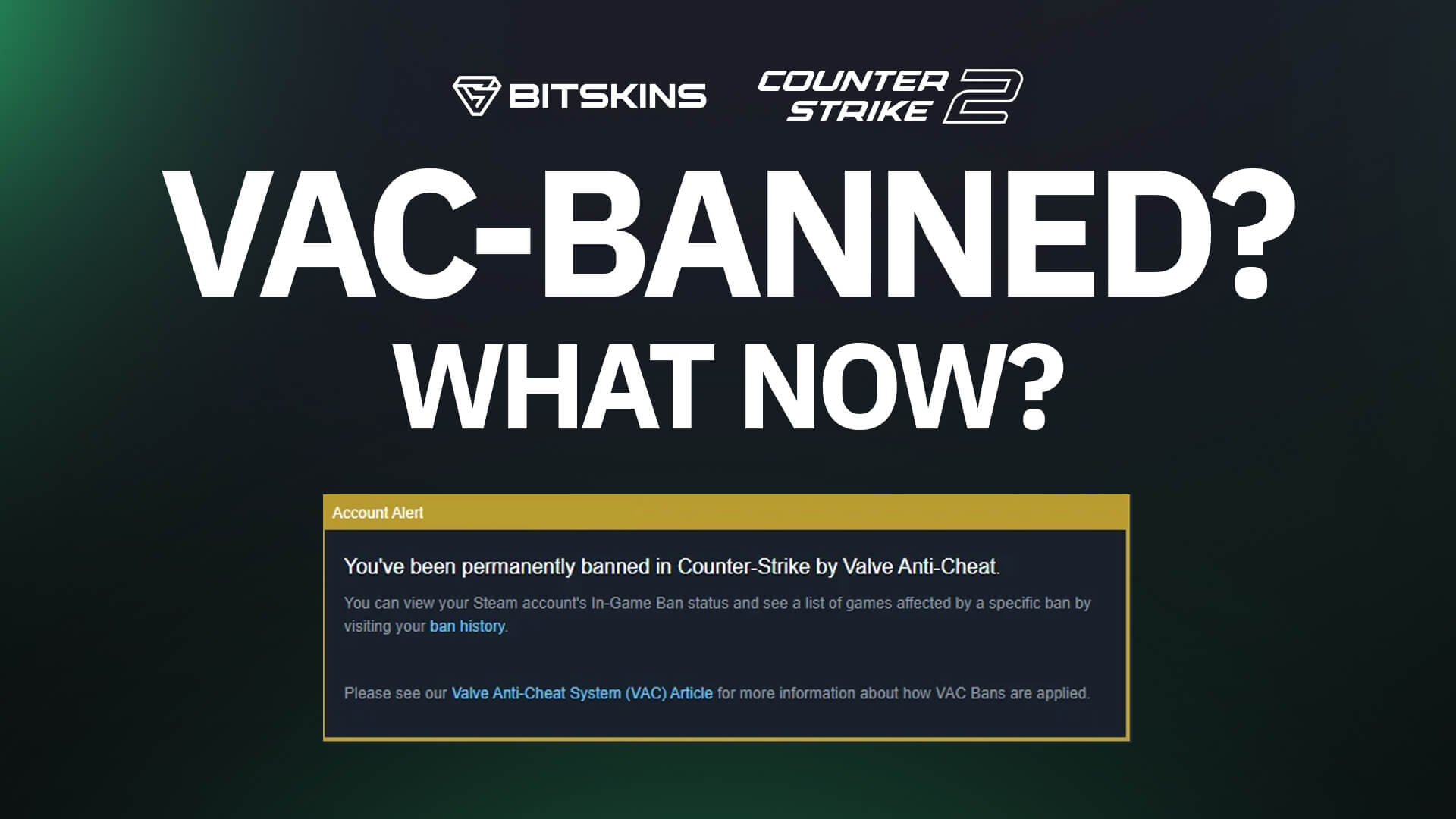The Hookup Doctor's Guide
Navigating the world of modern dating and relationships.
Cheating Chaos: How CSGO's Anti-Cheat Stands Against the Digital Underworld
Unmasking the digital underworld, discover how CSGO's anti-cheat battles cheating chaos! Don't miss the inside scoop!
Understanding CSGO's Anti-Cheat: How It Fights Cheating in Competitive Play
Counter-Strike: Global Offensive (CSGO) has long been a front-runner in the competitive gaming scene, thanks in large part to its robust anti-cheat measures. Players often encounter an array of cheating techniques that aim to provide unfair advantages, such as aimbots or wallhacks. To combat this, CSGO employs a system known as VAC (Valve Anti-Cheat), which continuously scans for known cheats and automatically bans players who are caught violating the rules. This built-in system works hand-in-hand with other methods, such as community reporting features, to maintain the integrity of competitive play.
In addition to VAC, CSGO also utilizes Overwatch, a player-driven review system that allows experienced players to assess and judge reported players' behavior in-game. This creates a more dynamic approach to maintaining fair play, as it relies on the community to help identify potential cheaters. Together, these systems form a comprehensive framework that not only deters cheating but also emphasizes fair competition. Understanding these mechanisms is crucial for players looking to improve their skills in CSGO’s competitive landscape while upholding the standards of the game.

Counter-Strike is a popular first-person shooter game that has evolved significantly over the years. Players can engage in thrilling team-based battles, focusing on strategy and teamwork. One of the exciting aspects of the game is the variety of CS2 Cases that players can open for unique skins and items.
The Dark Side of CSGO: Exploring the Cheats and Hacks That Challenge Anti-Cheat Systems
The Dark Side of CSGO is not just about thrilling gameplay and competitive spirit; it also encompasses a troubling underbelly of cheats and hacks that undermine fair play. In the world of Counter-Strike: Global Offensive (CSGO), players often seek shortcuts to victory through various methods, including aimbots, wallhacks, and triggerbots. These cheats not only ruin the experience for legitimate players but also pose a significant challenge to the game’s anti-cheat systems. The continuous evolution of these cheats makes it difficult for developers to stay ahead, creating an ongoing cat-and-mouse game between hackers and security teams.
One of the most prominent challenges for anti-cheat systems is the rise of private cheats, which are often sold on the dark web and tailored to evade detection. These tools are becoming increasingly sophisticated, sometimes utilizing machine learning algorithms to adapt to the behaviors of anti-cheat software. As a result, legitimate players may find themselves facing a growing number of opponents armed with these unfair advantages. The community's response includes reporting such activities and advocating for more stringent measures, yet the problem persists, highlighting the ongoing struggle to maintain integrity within the CSGO ecosystem.
Can CSGO's Anti-Cheat Keep Up? A Deep Dive into the Ongoing Battle Against Cheaters
The ongoing battle against cheaters in CSGO has become increasingly complex, as cheats and hacks continue to evolve at an alarming rate. Valve's anti-cheat system, known as VAC (Valve Anti-Cheat), has undergone numerous updates over the years in an effort to maintain a fair gaming environment. Despite these improvements, many players question whether the system can keep up with an ever-growing array of cheating methods, including aimbots and wallhacks. To understand this dilemma, it's crucial to analyze how Valve’s response to detecting and banning cheaters has changed, as well as what the gaming community is doing to combat this issue.
One of the most significant challenges facing CSGO's anti-cheat is the rapid advancement of cheating software. With many developers constantly pushing updates to their cheats, maintaining an effective detection system is like playing a game of cat and mouse. Many players and industry experts argue that while Valve's ongoing updates certainly make their mismatch detection better, the sheer ingenuity of cheating programs can sometimes overwhelm even the best systems. Moving forward, the community hopes for more innovative approaches, including community policing and enhanced algorithms, to ensure that CSGO remains a fair and competitive platform for all players.